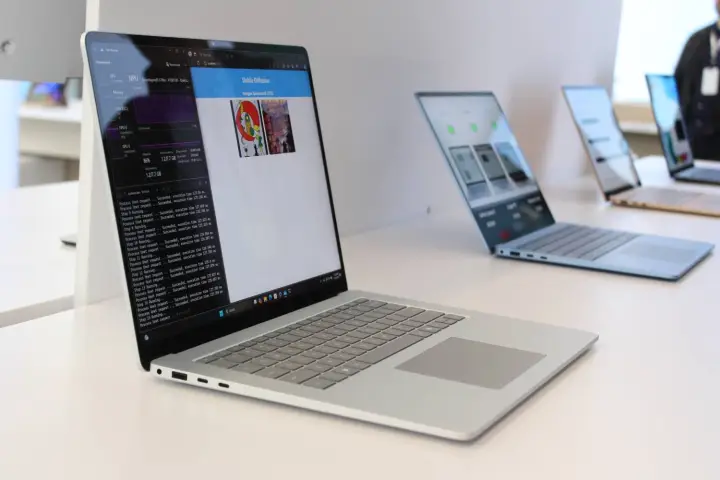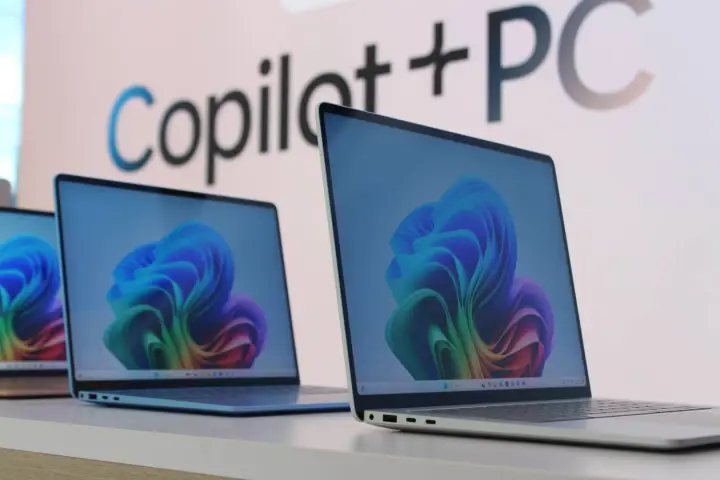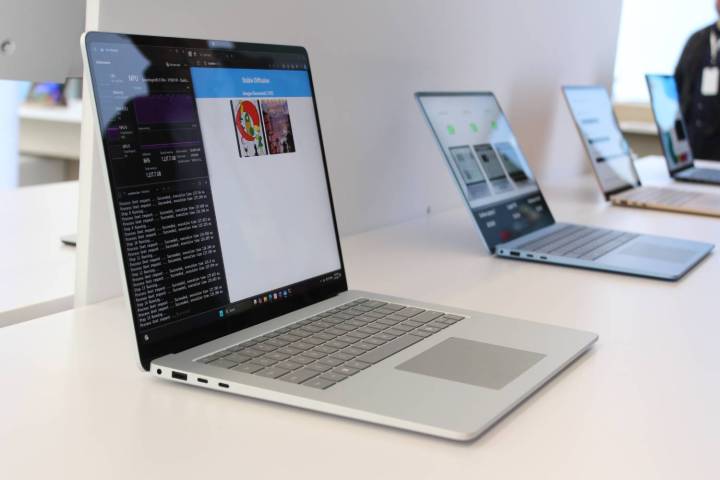
Buying a laptop has never been straightforward. Deciding between MacBook, Windows laptop, or Chromebook is easy enough for most people. But now, there’s an entirely new problem to consider. Although Windows laptops are about to be more capable than ever, deciding which laptop to buy is getting extremely complex.
A lot of the chips are still falling — literally — on which of these laptops are the best. But one thing’s for sure: There are more factors to consider than ever before.
To Copilot+ PC or not?

Just a few weeks ago, everything changed in the world of laptops. In contrast to its more neutral, backseat position, Microsoft stepped forward to guide PCs and laptops in a very specific way with the introduction of Copilot+ PCs. For now, this is a new class of laptops that has a more powerful NPU — capable of 40 TOPS, to be exact. Rather than wait for its typical CPU partners — Intel and AMD — to meet the requirement, Microsoft opted to partner with Qualcomm. Qualcomm has some experience building chips for PCs, but the company has far more success dominating the mobile front. Despite all the efficiency advantages of switching to Arm, its PC chips in the past have been underpowered, and the Windows ecosystem was never ready to transition away from x86. But all that has changed — or so it appears to have, at least.
Partnered with Qualcomm, Microsoft announced a slew of new laptops, including its own Surface Laptop and Surface Pro, all featuring both the efficiency of Arm and the new AI capabilities built into Windows 11. Now, it might be simple enough to advise the average laptop buyer to purchase one of these devices as soon as they’re available on June 18. They seem quite powerful, and battery life is off the charts.
There are a few major problems, though. First, this first wave of Copilot+ PCs is a bit limited. Although nearly every laptop manufacturer has brought new laptops out in support, they’re all rather similar. Whether it’s HP, Lenovo, Dell, or Asus, all the new laptops fall into the same “thin and light laptop” variety. Despite the fact that they were marketed as being the most powerful PCs you could buy, that wasn’t true if you wanted to edit video, play games, or program apps on them. Heck, they weren’t even the fastest for certain AI workloads, since so much of that is still best used on a discrete GPU.
The second problem is that Qualcomm itself is a bit unproven. There’s been lots of impressive numbers put out there, but whether they will live up to the claims in third-party testing is still unknown. We won’t know the true success of the Snapdragon X platform until we’ve all had more time with them. That includes confirming the efficiency of the new Prism emulation layer that Microsoft has been touting.

Lastly, there’s the issue of these new AI capabilities. Recall, to be exact. The feature takes snapshots of everything your PC does and, using a local on-device AI model running in the background, allows you to search everything you’ve done on your computer. It could end up being a fascinating reinvention of how we use PCs. Unfortunately, there are some extremely alarming privacy and security problems with it. The idea of your PC watching and remembering everything you’ve ever done will likely sound creepy to the average laptop buyer no doubt.
The security vulnerabilities as pointed out by some experts recently make those suspicions a much more worrying reality. Of course, you can edit what Recall has access to, or even turn it off entirely. But the question of whether you trust Microsoft with all that power — that’s an additional consideration the average buyer is going to have to make.
Everyone wants a slice of the pie

But choosing a laptop is not as simple as making a decision on whether you want Copilot+ — because Qualcomm isn’t the only player in the game. AMD just announced its first Copilot+ chips, which have been rebranded as the Ryzen AI 300 series and are coming out in July. They have even more powerful NPUs inside and include larger laptops with discrete GPUs. There’s even a new gaming laptop that adopts the new chips. So, if you really want the most powerful AI laptops, these are your best bet. The Asus ProArt P16 is a great example, which is extremely thin and can max out at an RTX 4070. That at least makes for an easier decision between AMD and Qualcomm for now, since they represent different laptop categories.
But Intel is eager to push its own next-gen Lunar Lake chips forward too. The first laptops in this line have been announced, and they seem to be tackling similar ground as Qualcomm with extremely thin and light laptops, such as the new Zenbook S 14. To make things more confusing, Intel’s chips got rebranded under the Core Ultra naming scheme last year, and that’s continuing into this second generation. If you’re going out to buy a new laptop to replace your Intel Core i7 from a few years ago, you’re going to be left scratching your head at all these new numbers.
I assume at some point we’ll see more powerful creator and gaming laptops released, but that’ll probably not be until CES 2025 when Nvidia launches new GPUs.
To make things worse, these laptops all appear to be targeting a similar price range, especially since Copilot+ requires at least 16GB of RAM. Will Intel’s next-gen laptops include both Copilot+ and non-Copilot+ devices? Who knows. If you’re looking at spending less than a thousand bucks, you may end up being better off buying an older laptop. And if you’re someone who doesn’t even care about AI — or are even actively hostile to it — you likely won’t have a good option in the future. Microsoft is all-in, as is Google. You won’t even be free from it with a MacBook, although Apple’s approach may end up being a bit more conservative.
In many ways, though, it’s an embarrassment of riches. The race between Windows and Mac has never been tighter, and that’s going to produce better laptops overall to choose from. Now, the real work begins in testing all these new laptops and sorting through all the changes. Wish us luck.
Editors’ Recommendations
Services Marketplace – Listings, Bookings & Reviews
